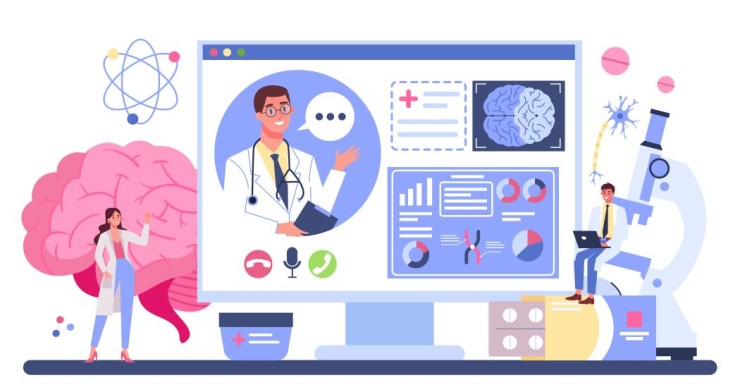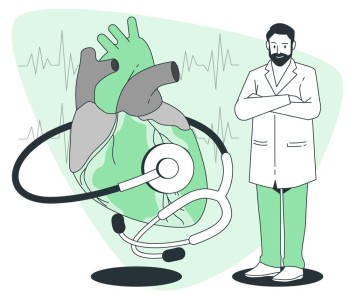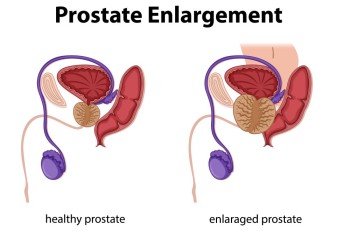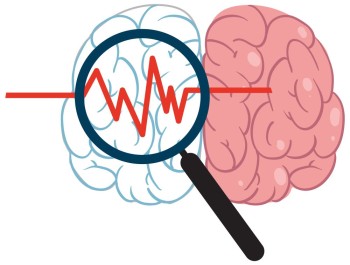
₹5,600
₹7,000
An MRI (Magnetic Resonance Imaging) scan of the brain with a focus on the posterior fossa is a specialized diagnostic procedure that provides detailed images of the structures located at the back part of the skull.
Category:
MRI Scan



